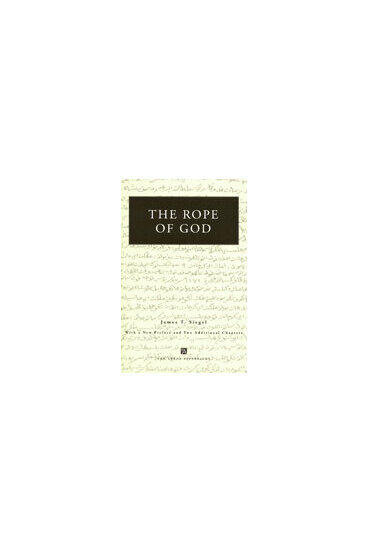An ethnography of Aceh, Indonesia, by a master anthropologist
Description
The Acehnese, a Muslim people of Sumatra, fought Dutch attempts to colonize them for forty years. After its "pacification," Acehnese society evolved peacefully, yet nonetheless the Acehnese participated fully in the Indonesian revolution and in a rebellion against the Indonesian central government not long after. Based on field work done in the early 1960s, James Siegel's The Rope of God, traces the evolution in Islam, in the economy, and in the structure of the family to show how it was that Aceh mobilized itself as a society from the time of the colonial war to the emergence of the republic. At a time when this Indonesian society is once again in movement, this influential study has gained a certain new relevance.
To bridge this span of time since its initial publication in 1969, Siegel has added two additional chapters to his original volume: one a description of political elements today and the other a previously published piece on Acehnese domestic politics.
Important when it first appeared, The Rope of God continues to be of enduring importance today and will be warmly welcomed back into print.
James Siegel is Professor of Anthropology and Asian Studies, Cornell University and is the author of New Criminal Type in Jakarta: A Counter-Revolution Today, among other books.
James Siegel is Professor of Anthropology and Asian Studies, Cornell University and is the author of New Criminal Type in Jakarta: A Counter-Revolution Today, among other books.

